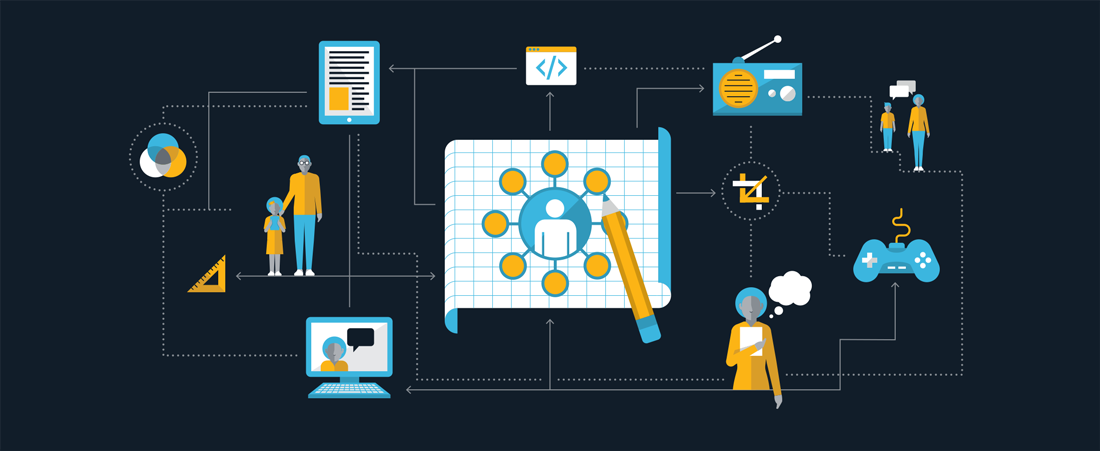
EDC’s collaborative process brings together scientists, researchers, educators, creative artists, media and technology specialists, and intended users—from young children to the elderly—to design, test, refine, and disseminate high-quality curricula, trainings, interventions, and other resources.
We create professional development and continuing education programs for busy practitioners, open-source online courses that reach hundreds of thousands of budding entrepreneurs around the world, and digital tools and applications that promote basic literacy and health.
Our work demonstrates that the best learning integrates knowledge and experience to empower individuals with critical skills and to achieve sustainable improvements in services and systems.
Learn about EDC’s work to strengthen early childhood interventions with Continuous Quality Improvement.
Resources
This report describes the results of a randomized controlled study of the Akazi Kanoze 2 workforce development program. The study, which involved more than 1,500 young people during Year 1 of the three-year program, showed the participants were 8 percent more likely to land jobs than youth who did not participate. In addition, the study also showed increased work readiness and increased confidence in job-seeking.
The USAID/Philippines, through its Basa Pilipinas program has reached over 1.8 million students from kindergarten to Grade 3, trained over 19,000 teachers and school heads, and provided over 10 mil
This website helps educators understand the role that the Common Core Standards for Mathematical Practice (SMP) play within the larger context of the Common Core Standards themselves.
This study examines the effects of EDC’s interactive radio instruction (IRI) programming on student learning outcomes in classrooms in India, documenting the significant positive effects of the structured support for instructional improvement that IRI provides.
In this paper, the authors discuss the purpose, design, and launch of the Maternal and Child Health Bureau’s first ever Home Visiting Collaborative Improvement and Innovation Network (HV CoIIN).
EDC’s Chemistry: Concepts and Practices, a yearlong high school course curriculum, fosters grade 9–12 students’ scientific and data literacy; builds their reading, writing, and oral commun
This three-part series, funded by the National Science Foundation, features engaging activities that bring middle school youth outdoors to explore the natural world using observation, digital photo
This website helps suicide prevention professionals—both individuals and organizations—develop messages about suicide that are strategic, safe, and positive.
This factsheet describes the development and implementation of the Competence-Based Curriculum (CBC), which was included as part of the Akazi Kanoze 2 (AK2) Project, a youth work-readiness program
This resource focuses on how distance education technology benefits teachers and teaching.